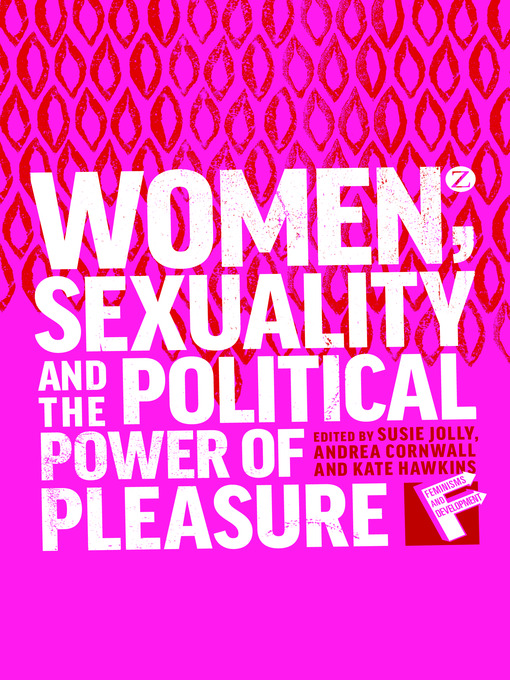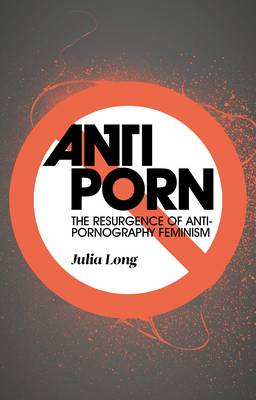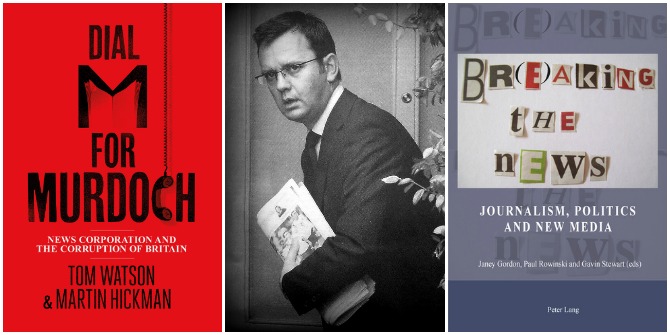In response to a long campaign against the sexist and offensive portrayal of women in the media, The Sun newspaper are considering scrapping Page 3’s topless women after 44 years. Many will celebrate the decision as a step in the right direction for the representation of women, but agree that there’s still more to be done. Here we pull together a selection of books on women and the media.
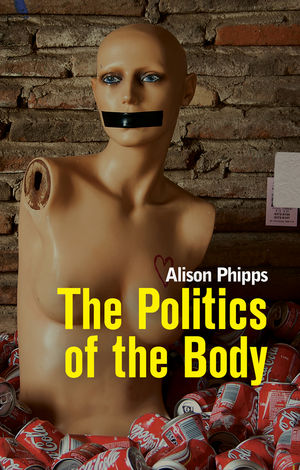 The Politics of the Body by Alison Phipps
The Politics of the Body by Alison Phipps
In The Politics of the Body, Alison Phipps looks to construct a political sociology of women’s bodies around key debates: sexual violence, gender and Islam, sex work and motherhood. In unveiling the intimate links in politics, popular culture and the media between prevailing neoliberal/neoconservative discourses, feminism, and the body, Alison Phipps contributes greatly to uncovering hidden methods of political and social domination, writes Sarah Burton. Read the full review.
Media and the Rhetoric of Body Perfection: Cosmetic Surgery, Weight Loss and Beauty in Popular Culture by Deborah Harris-Moore
Against the background of the so-called ‘obesity epidemic’, Media and the Rhetoric of Body Perfection critically examines the discourses of physical perfection that pervade Western societies, aiming to shed new light on the rhetorical forces behind body anxieties and extreme methods of weight loss and beautification. Drawing on interview material with cosmetic surgery patients and offering fresh analyses of various texts from popular culture, this book examines the ways in which the media capitalises on body anxiety by presenting physical perfection as a moral imperative, whilst advertising quick and effective transformation methods to erase physical imperfections. The book’s scope is ambitious and broad, and a range of scholars will find it to be a good starting point for research on bodies, gender and media representations, writes Olivia Monson. Read the full review.
Feminism and Men by Nikki Van Der Gaag
In this new book, Nikki van der Gaag asks how feminism might improve the lives of men as well as women. This book is highly recommended to anyone with an interest in issues around feminism and gender and could be the starting point for anyone looking to get an overview of men’s involvement in this movement, finds Andria Christofidou. Read the full review.
Women, Sexuality, and the Political Power of Pleasure edited by Susie Jolly, Andrea Cornwall and Kate Hawkins
This collection explores the ways in which positive, pleasure-focused approaches to sexuality can empower women, with examples of activism, advocacy and programming which use pleasure as a starting point. Covering topics such as gender and development, disability and sex, and human rights and relationships, Women, Sexuality, and the Political Power of Pleasure is a fresh and fascinating engagement with sex, sexuality, and politics, writes Megan O’Branski. Read the full review.
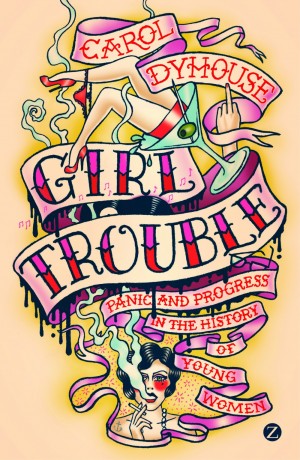 Girl Trouble: Panic and Progress in the History of Young Women by Carol Dyhouse
Girl Trouble: Panic and Progress in the History of Young Women by Carol Dyhouse
As author Carol Dyhouse covers in her book, Girl Trouble: Panic and Progress in the History of Young Women, despite massive advancements in education, work opportunities, political rights, and personal and reproductive freedoms, moral hysteria has accompanied popular rhetoric regarding the place of young women in society since the Victorian era. Can we afford to be optimistic about the impact of modernity on girls? Katherine Williams recommends this insightful, and often witty, read to anyone interested in gender studies, or social histories. Read the full review.
Women and Journalism by Suzanne Franks
In many countries, the majority of high profile journalists and editors remain male. Although there have been considerable changes in the prospects for women working in the media in the past few decades, women are still noticeably in the minority in the top journalistic roles, despite making up the majority of journalism students. In this book, Suzanne Franks provides an overview of the ongoing imbalances faced by women in the media and looks at the key issues hindering gender equality in journalism. Reviewed by Lauren Maffeo. Read the full review.
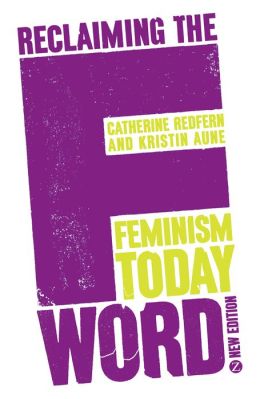 Reclaiming the F Word: Feminism Today by Catherine Redfern and Kristin Aune
Reclaiming the F Word: Feminism Today by Catherine Redfern and Kristin Aune
Based on a survey of over a thousand feminists, Reclaiming the F Word seeks to reveal the what, why and how of today’s feminism, from cosmetic surgery to celebrity culture, from sex to singleness and – in this new edition – the gendered effects of possibly the worst economic crisis ever. Calls to action and practical suggestions to implement its ideology recur throughout the book, a reminder that this is as much a handbook for a movement as it is a theoretical critique of women’s issues, writes Duchess Harris. Read the full review.
Anti-Porn: The Resurgence of Anti-Pornography Feminism by Julia Long
Countering the ongoing ‘pornification’ of Western culture and society, with lads’ mags on the middle shelf and lap-dancing clubs in residential areas, anti-porn movements are re-emerging among a new generation of feminist activists worldwide. This guide to the problems with porn starts with a history of modern pro and anti political stances before examining the ways in which the new arguments and campaigns around pornography are articulated, deployed and received. If you’re looking for a history of anti-porn activism, this is a good start. But if you’re looking for an argument against pornography, this book fails to deliver, writes Stephanie Spoto. Read the full review.




